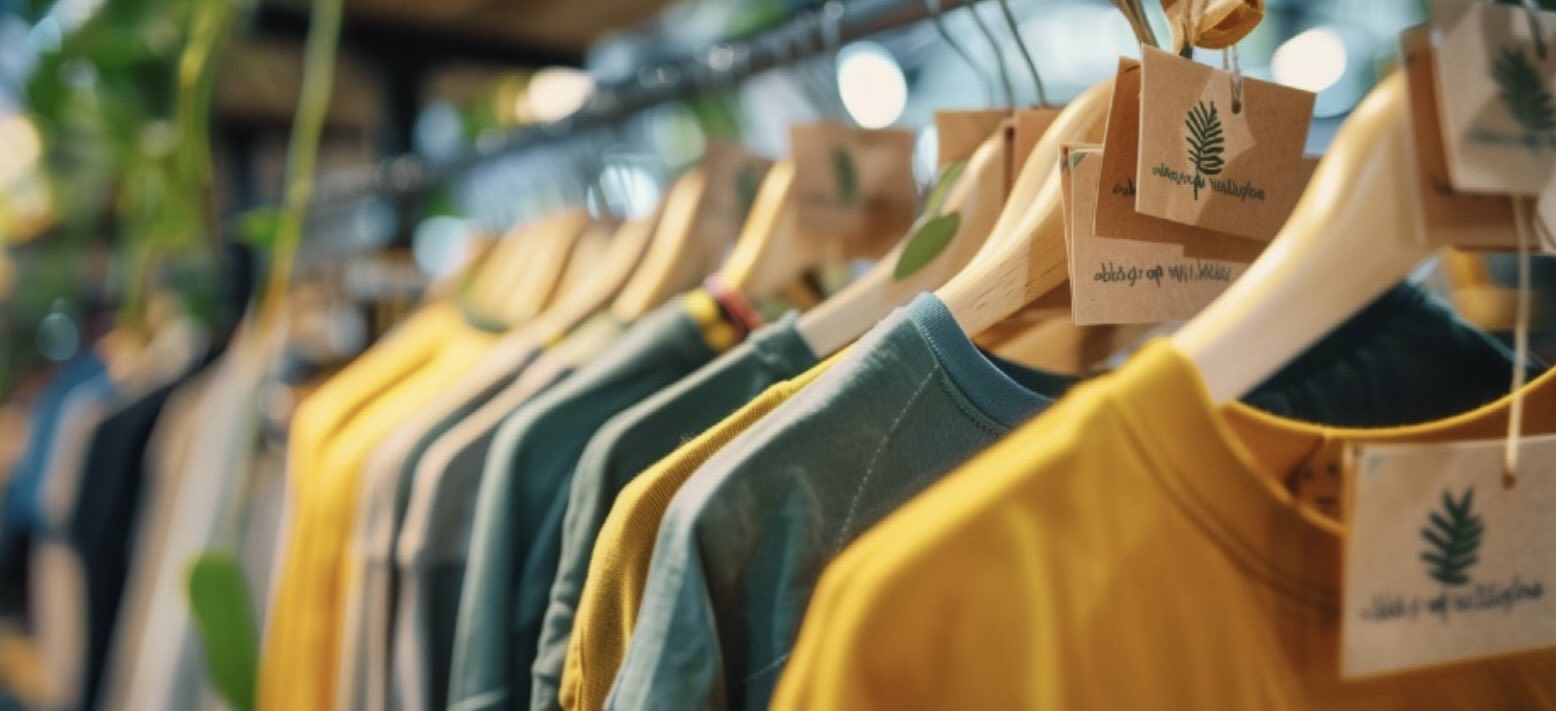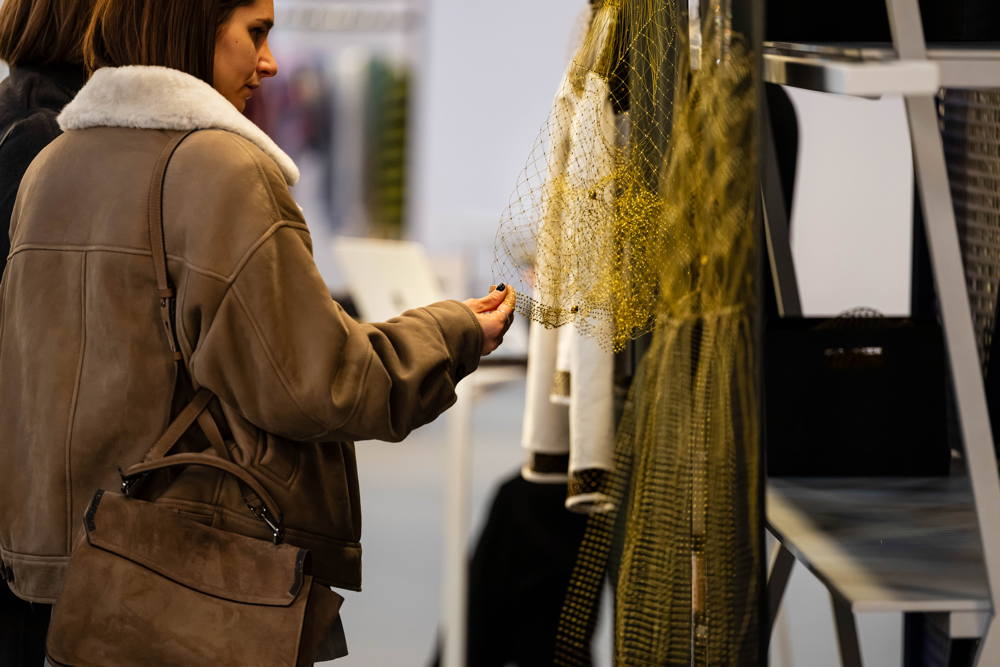
What Do Young Consumers Prioritize in Sustainable Fashion?
A recent study from the Institut Francais de la Mode and Première Vision reveals that more and more young consumers are adopting more sustainable practices and favoring ethical brands. But what does this mean for the fashion industry?
A recent conference hosted by Gildas Minvielle at Première Vision Paris, centered on a study conducted with the collaborative efforts of Premiere Vision and Institut Français de la Mode, the private, not-for-profit education institution and training center. The study focused on consumption patterns of young adults in the 18 to 24 and 25 to 34 age brackets and their relationship to eco-friendly fashion.
The survey was conducted with a representative sample of 6,000 consumers from five countries: France, Italy, Germany, the UK and the US. It provides a detailed analysis of the perceptions, buying habits and expectations of young adults with regard to sustainable fashion. The results of the survey show that despite how our consumerist drive and capitalism has given rise to fast fashion, more and more young consumers are opting for ethical, eco-conscious products.

THE BUYING HABITS OF YOUNG CONSUMERS
The study illustrates that there has been an increase in the sustainable products purchased by consumers; In 2024, 48.8% of French people bought a sustainable fashion item, versus 41.1% in 2023. This indicates that almost one in two people in France are now purchasing them.In Italy (52.6%) and Germany (51.4%), more than half the population already buys sustainable clothing.
Among these customers of sustainable products, are a majority of young people. in France,58.9% of 18-24 year olds and 55.1% of 25-34 year olds have already purchased one. In Germany, 64.9% of 18-24 year olds have bought an eco-responsible fashion product during the year, compared with 51.4% of the general population. In the UK, 65.7% of 18-24 year olds have done so, versus 47.4% of the general population.
And what exactly do these young consumers believe determines the sustainability of a product? The study goes on to say that choice of material ranks as the most important factor in driving sustainability. In Italy, 46.7% of the population even consider product material as the main lever for a more responsible fashion industry. 40% of the UK and US participants agree on this criterion.
This requirement is also reflected in the criteria for choosing a fashion item in general. Product quality is the top criterion in Italy, Germany and the United States, with a third of consumers placing it at the top of the list, with numbers rising to 37% of the population in Italy.
With a vote of 61.4% in Italy, 62.2% in Germany, 60.6% in the UK and the 67.1% in the US, it is also the most important criterion cited when defining preferred brands. In France, it comes second only to price (54.7%).

WHAT DO YOUNG CONSUMERS CARE ABOUT?
The study also showed that there are a variety of social concerns young consumers are particularly concerned about, that majorly influence their buying habits. For instance, young adults aged 18 to 34, prioritize protecting the environment, comparatively more than The criterion of the raw materials used to determine the sustainability of a product.
Similarly, when 18-24 year olds in France were asked about the values they wish to promote
through their clothes, more than half (52.4%) said they choose brands that promote ethical and inclusive working conditions, compared to 26.3% for the general population, and 38.1% for 25-34 year olds.
Furthermore, the study goes on to show that now more than ever, it is important for brands to be transparent and inform consumers. Among those who did not make a sustainable fashion purchase this year, the main reason cited in the US (34.5%) and the UK (37.4%) was the lack of information on the subject. In Italy, not knowing where to buy these products is the main reason (33.8%).
In France, price is the most frequently cited reason (41.3%), this indicates that young consumers are prepared to pay for a sustainable fashion item, which is much higher than for their elders. In France, for example, 18-24 year olds are prepared to spend €331 on a sustainable shopping basket for jeans, a T-shirt and sneakers, compared with €208 for the general population.
Ultimately, what this shows is that young consumers are aware and informed about the cost of manufacturing a sustainable product, and are ready to absorb this in the final price of the product, provided that the brands have the transparency and ethical information customers require.
Highlight Image: © Premiere Vision






